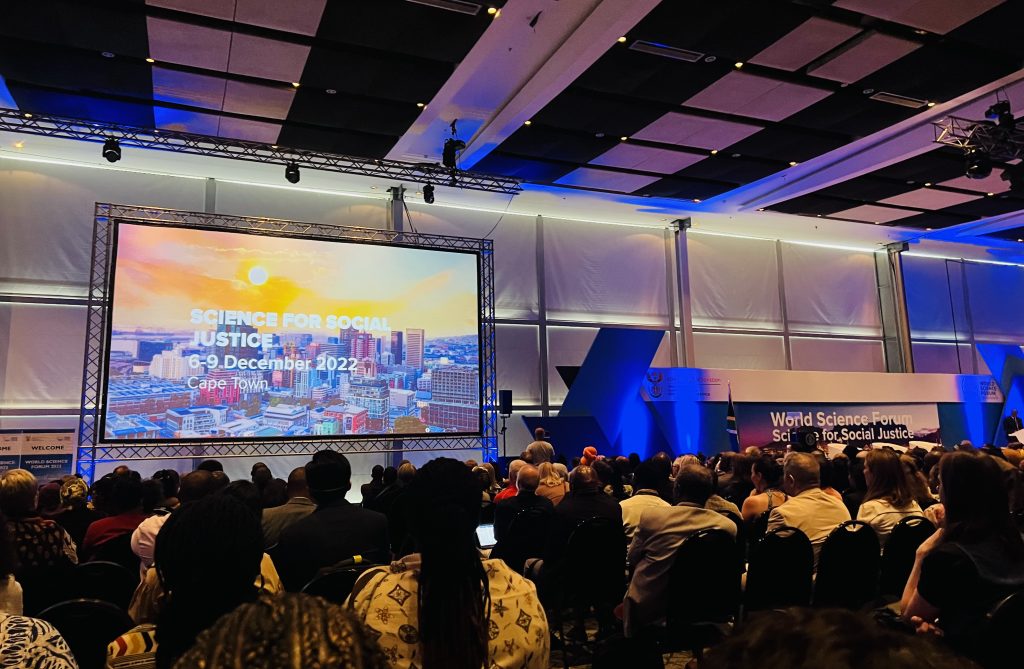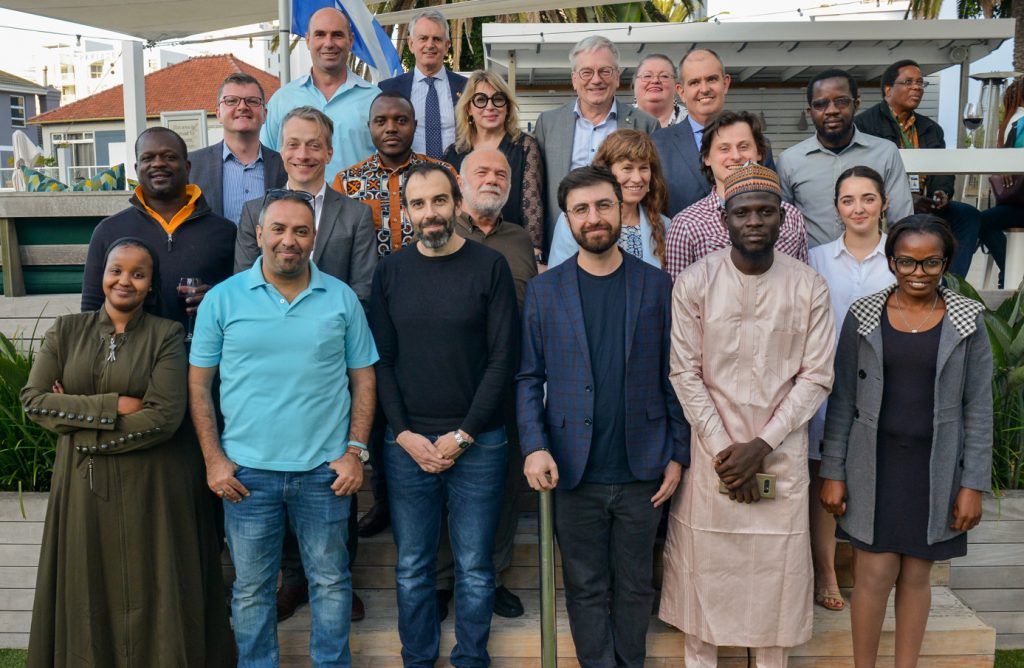The first hosted on the African continent
South Africa has created space for scientists to contribute to its foreign policy and ensure that science diplomacy features in the country’s diplomatic relations.
The theme, ”Science for Social Justice”, talked through how science is connected to greater social issues, and how it can contribute to equitable treatment and the fair
allocation of resources, support human rights, and respond to issues associated with the Covid-19 pandemic, among other global challenges.
The World Science Forum (WSF) is a global biennial meeting. It was established by the Hungarian Academy of Sciences in collaboration with the United Nations’ Educational,
Scientific and Cultural Organization (UNESCO).

The Government of Québec announced at European City of Science Leiden (ESOF 2022) that in partnership with the World Federation of Science Journalists (WFSJ), it
would run a global call for media & science communicator applications to receive travel grants to attend WSF Cape Town.
The Department of Science & Innovation (DSI) also came on-board to finance hotel accommodation for successful candidates, so that the Fonds de Recherche du
Québec’s grants could stretch even further.
This process was a major success, the largest of its kind ever run by the WFSJ with nearly 400 applications. As a result, we had media attendees from Kenya, Zimbabwe,
Malawi, Yemen, Iran, Italy, USA, UK, Canada, Northern Macedonia, Poland, Bulgaria, Germany, Cameroon, Nigeria at WSF.

Prof. Rémi Quirion, the Chief Scientist of Québec and President of the International Network for Governmental Science Advice (INGSA), hosted a reception for over 100
guests on the eve of WSF.
This event served as a meet and greet for the many international delegates attending WSF and friends of the Department of Science & Innovation, the World Federation of
Science Journalists and, of course, Canada.